Tag: Faith
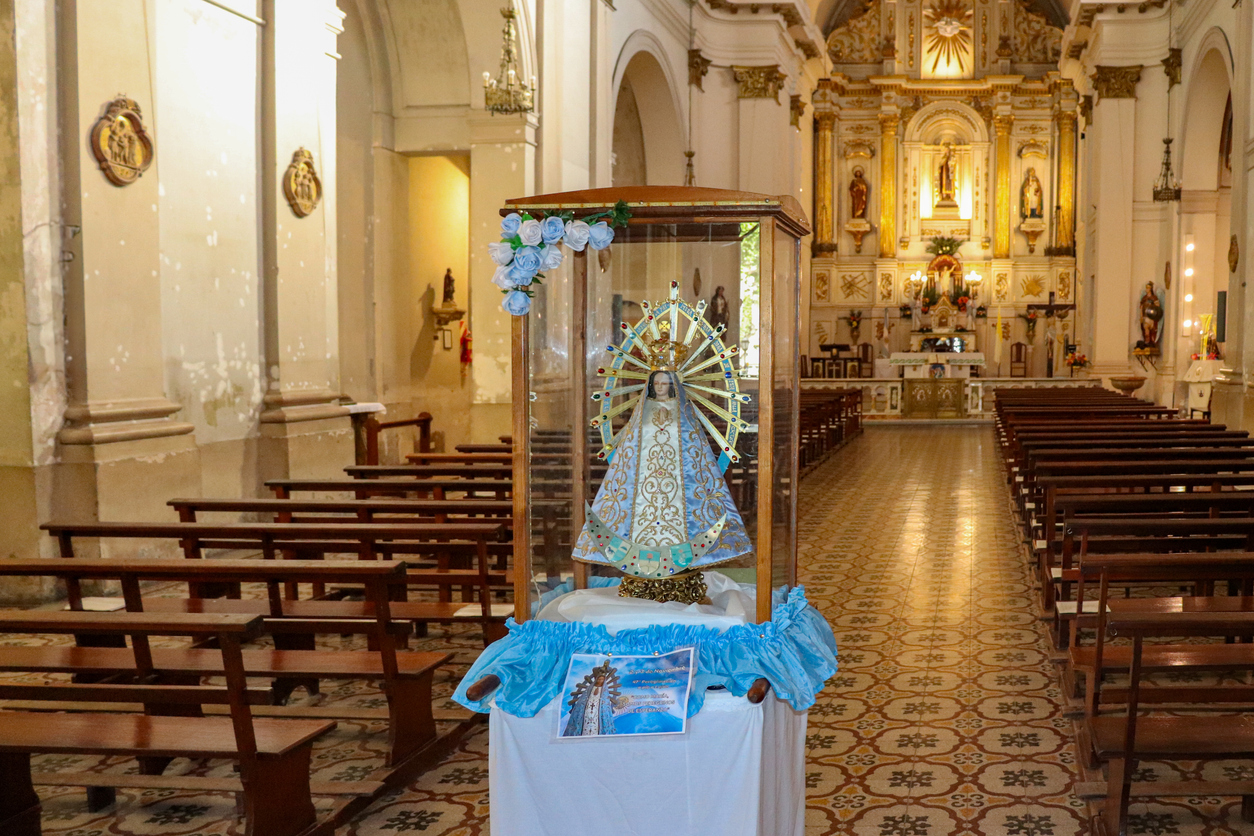
Argentine Catholic Clergy Oppose Javier Milei
Time Period: 2023-presentLocation: ArgentinaMain Actors: Catholic clergy, especially Curas Por la Opción Por Los Pobres (Priests for the Option for the Poor)Tactics - Letters of opposition or support - Prayer...
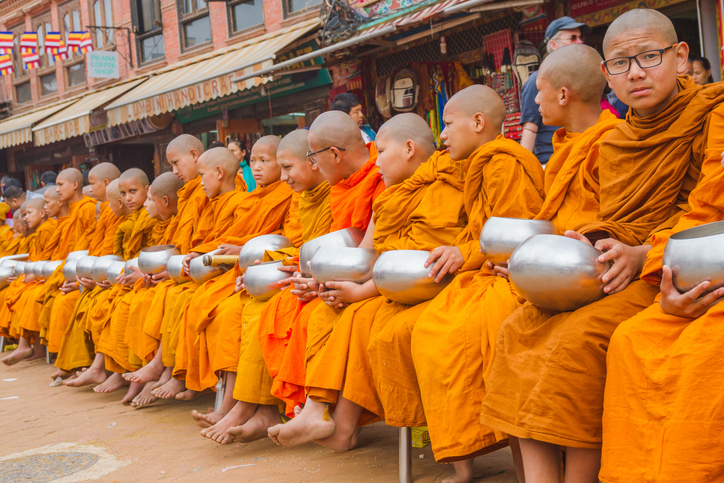
Buddhist Monks Defect from Myanmar’s Military Dictatorship
Time Period: 2007Location: MyanmarMain Actors: Buddhist monks, All Burma Monks Alliance (ABMA)Tactics - Withholding or withdrawal of allegiance - Slogans, caricatures, and symbols - Assemblies of protest or support -...
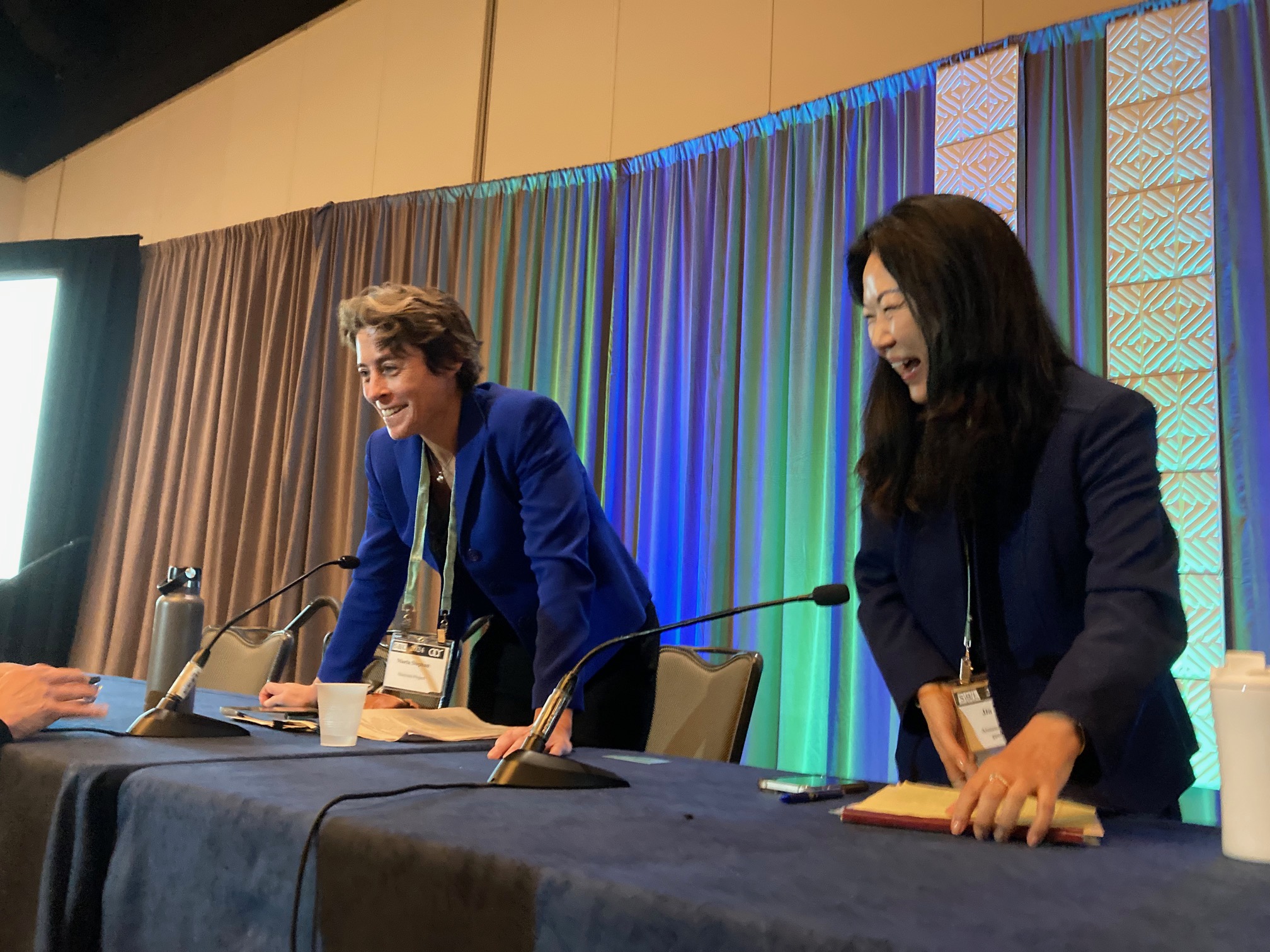
Nonviolence in Action: Why Civil Resistance Works and the Role of Religion
Horizons Chief Organizer, Maria J. Stephan delivered this keynote address at the American Academy of Religion Annual Conference on November 24, 2024. Special thanks to Jin Y. Park, Professor and...
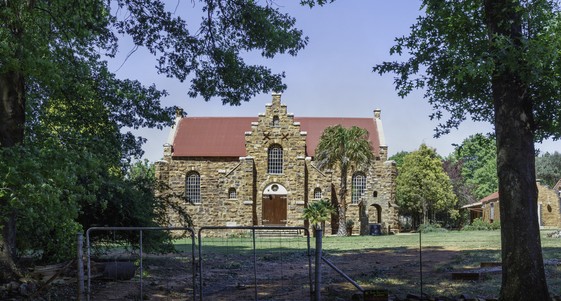
South African Clergy Support Early Defections from Apartheid
Time Period: 1948-1968Location: South AfricaMain Actors: Dutch Reformed Church in South Africa (DRC), Roman Catholic Archdiocese of Cape Town, Anglican Church of Southern Africa, Christian Institute of Southern Africa, South...
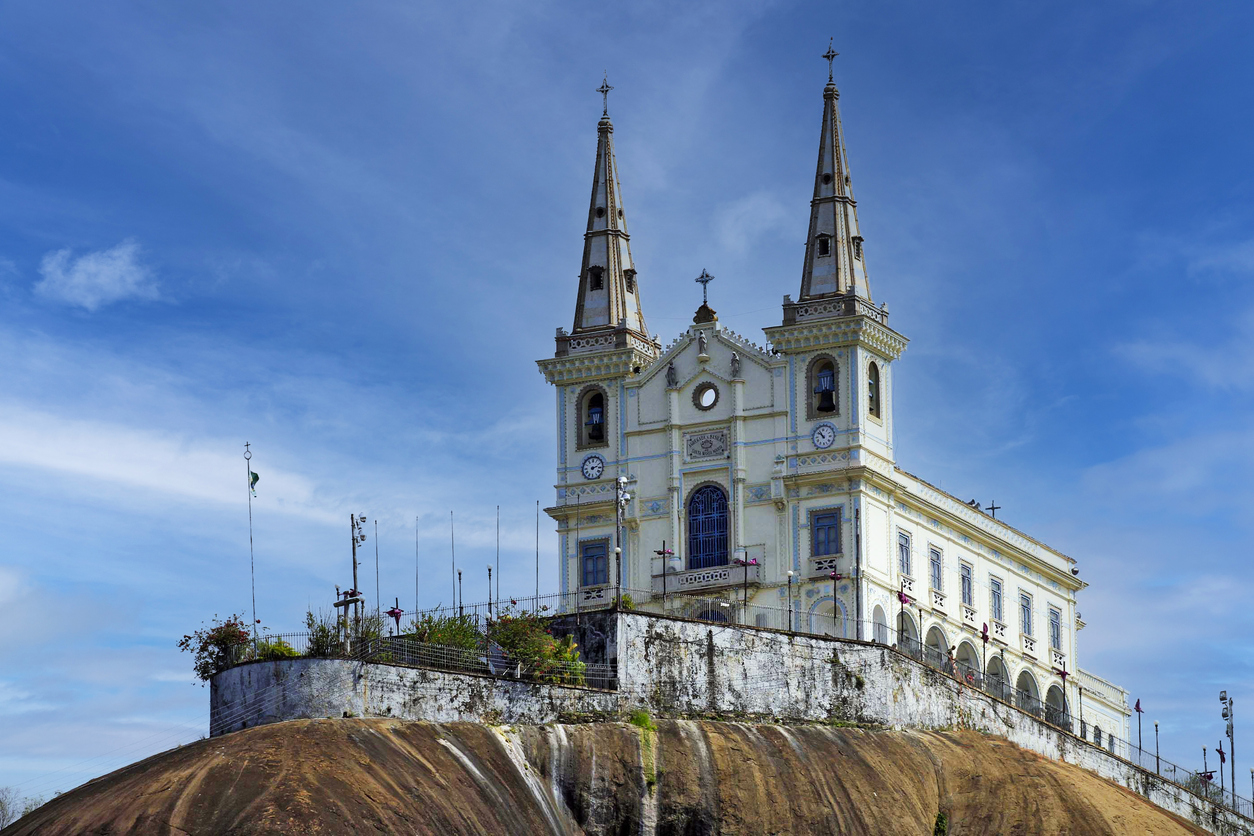
Brazilian Religious Leaders and Democratic Backsliding
Time Period: 2019-2023Location: Brazil, especially Rio de JaneiroMain Actors: Brazilian Catholic Church, Brazilian Evangelical pastors (e.g., Henrique Vieira) and civil society groups (e.g., Novas)Tactics: - Declarations by organizations and institutions...
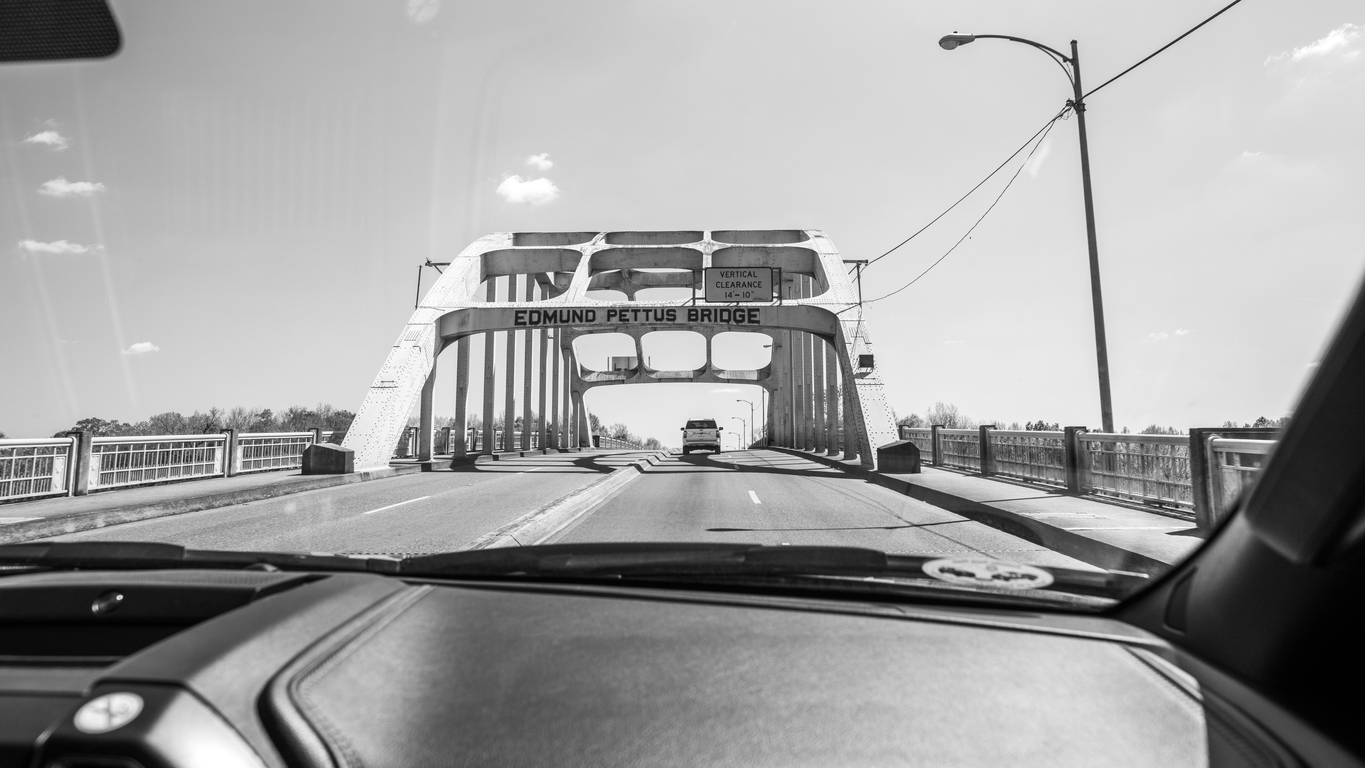
The Quakers Advance Democracy in the US Civil Rights Movement
Time Period: 1956-1968Location: Montgomery & Birmingham, AL; Prince Edward County, VA; Washington, DC; Cape May, NJ; New Delhi, IndiaMain Actors: American Friends Service Committee, Bayard Rustin.Tactics - Publishing Dissenting Literature...

Sensemaking with Horizons: Shun Tucker-Allen, Senior Faith Partnerships Coordinator of Fair Count
The Horizons Project Director for Race & Democracy, Jarvis Williams, has a conversation with Shun Tucker-Allen, Senior Faith Partnerships Coordinator at Fair Count about her work organizing with faith communities...
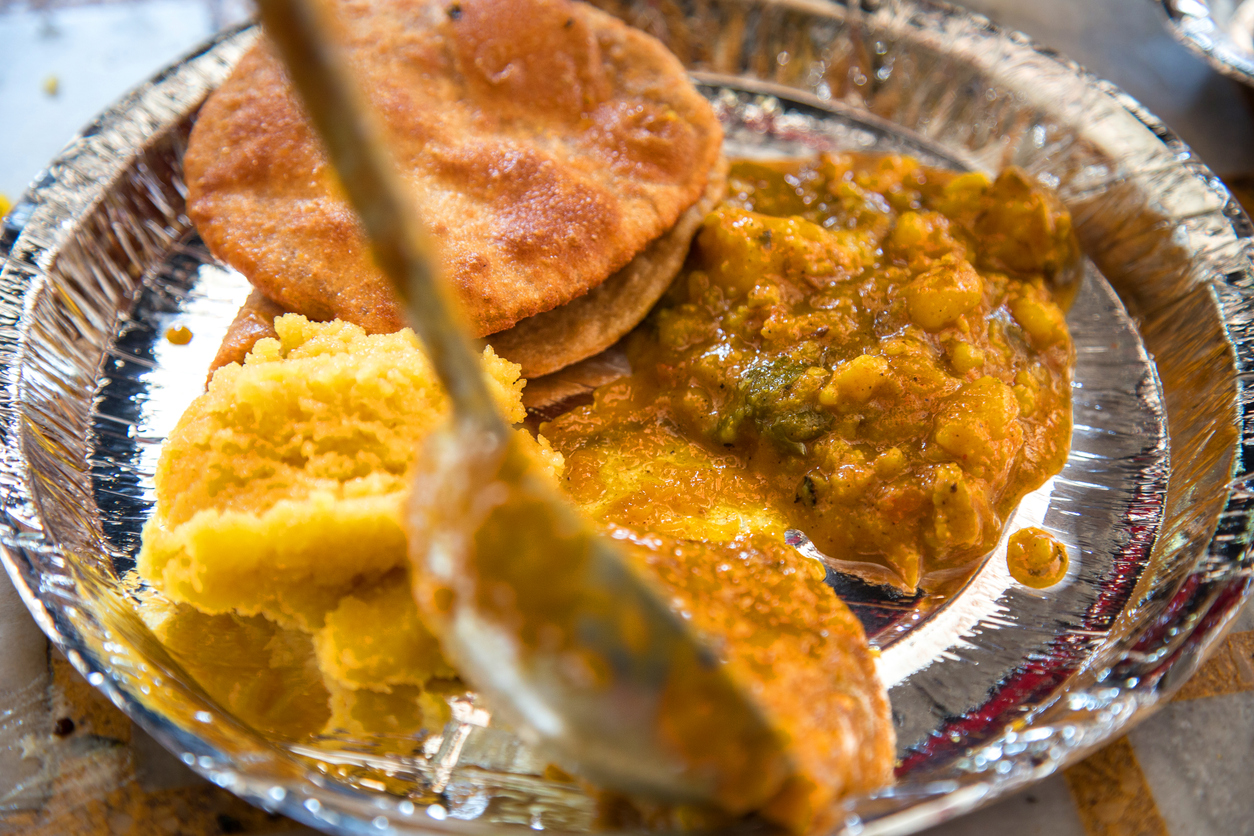
Sikh Langars Feed Protests for Farmers’ Rights
Time Period: November 2020 - December 2021Location: Delhi, IndiaMain Actors: Delhi Sikh Gurdwara Management Committee & other Sikh organizationsTactics - Protest camps, nonviolent occupation - Declarations by organizations and institutions...
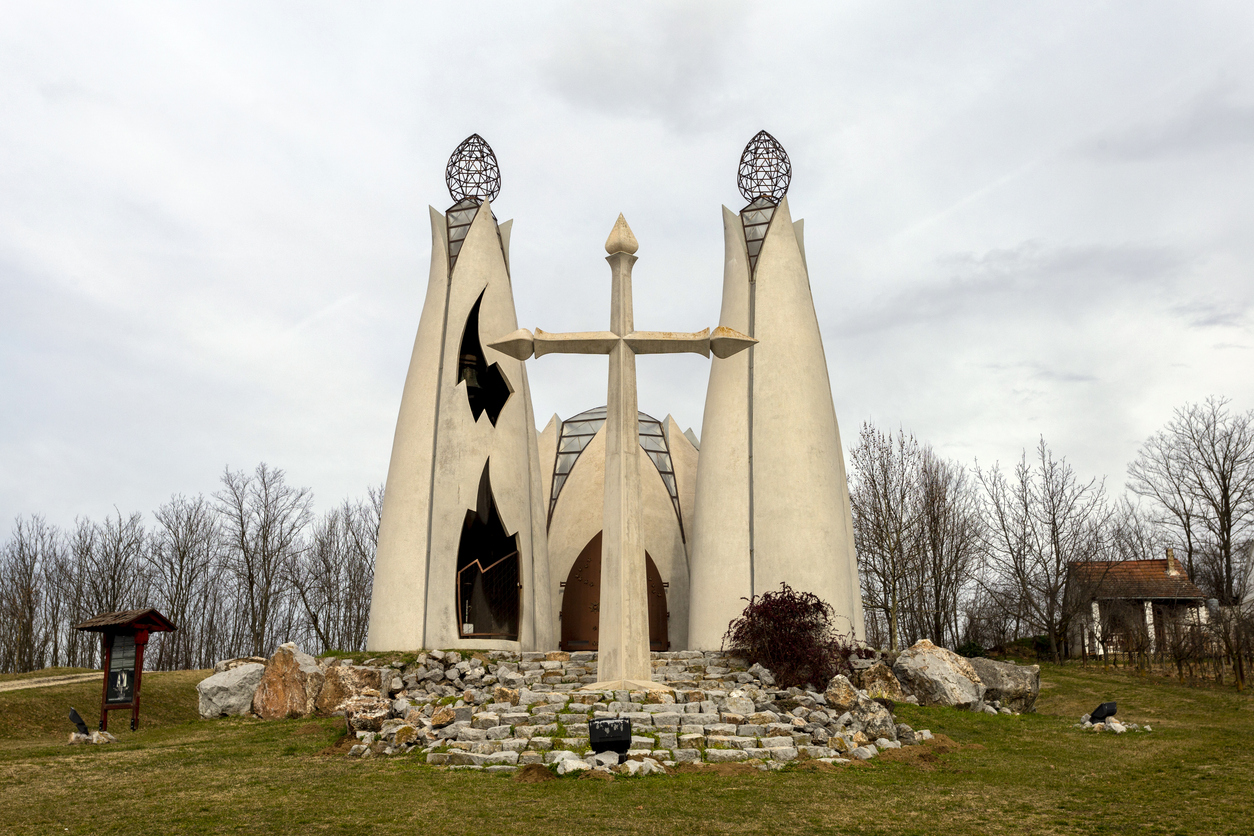
Hungarian Evangelicals Resist Democratic Backsliding
Time Period: 2010-2019Location: Budapest, HungaryMain Actors: Hungarian Evangelical Fellowship (HEF), Pastor Gábor Iványi.Tactics - Declarations by organizations and institutions - Selective social boycott - Protective presence - Signed public statements...
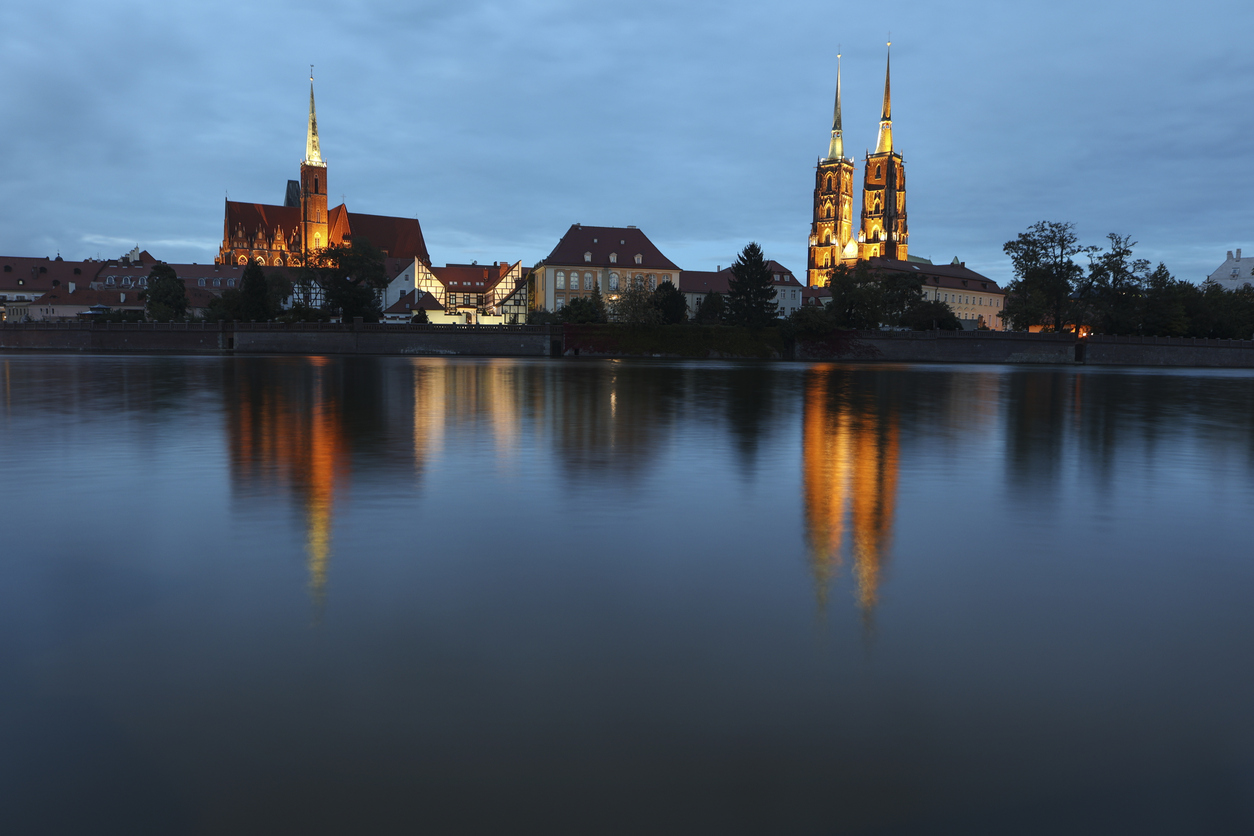
Polish Bishops Refuse to Support Authoritarianism
Time Period: 2016-2023Location: Poland, especially WarsawMain Actors: Polish Episcopal ConferenceTactics - Declarations by organizations and institutions - Public speeches - Boycotts of social affairs Poland became less free and democratic...
